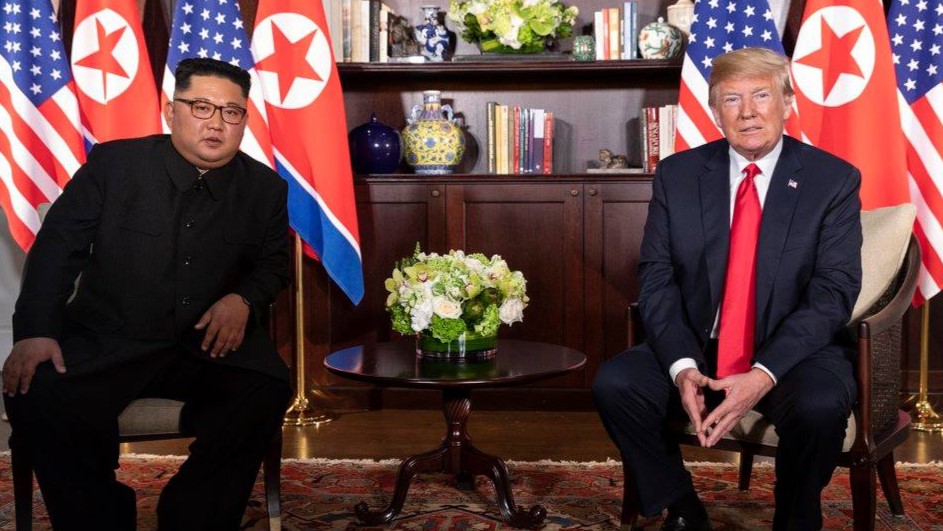Donald Trump is considering direct talks with North Korean leader Kim Jong-un to ease tensions.
Others are reading now
US President-elect Donald Trump’s team is exploring the possibility of direct talks with North Korean leader Kim Jong-un in an effort to “break the ice” and reduce the risk of armed conflict, two sources familiar with the situation told Reuters.
It’s unclear what these new diplomatic efforts might achieve, but Trump’s main goal is to restore basic communication between the United States and North Korea.
His team hasn’t yet discussed broader policies, as other foreign issues like the Middle East and Ukraine might take priority.
During his previous term, Trump met with Kim Jong-un three times: in Singapore in June 2018, in Hanoi in February 2019, and later that year at the demilitarized zone between North and South Korea. After the Singapore meeting, Trump famously said he and Kim “fell in love.”
Also read
On the campaign trail, Trump often talked about his ability to get along with Kim, saying his presidency helped stop North Korea’s missile tests for a time.
“It’s nice to get along with a guy who has a lot of nuclear weapons. I think he misses me, if you want to know the truth,” Trump said, promising to improve relations with North Korea if he returned to office.
Last week, Trump appointed Alex Wong as his deputy national security adviser. Wong previously worked on talks with Kim Jong-un during Trump’s first term as deputy special representative for North Korea.
It’s unclear how Kim will react to Trump’s new outreach. Kim has ignored US President Joe Biden’s offers to start talks without preconditions.
Meanwhile, North Korea has grown closer to Russia, which may help it expand its missile arsenal.
North Korean state media haven’t yet commented on Trump’s re-election. Earlier this month, Kim accused the United States of increasing tensions on the Korean Peninsula and raising the risk of nuclear war.

